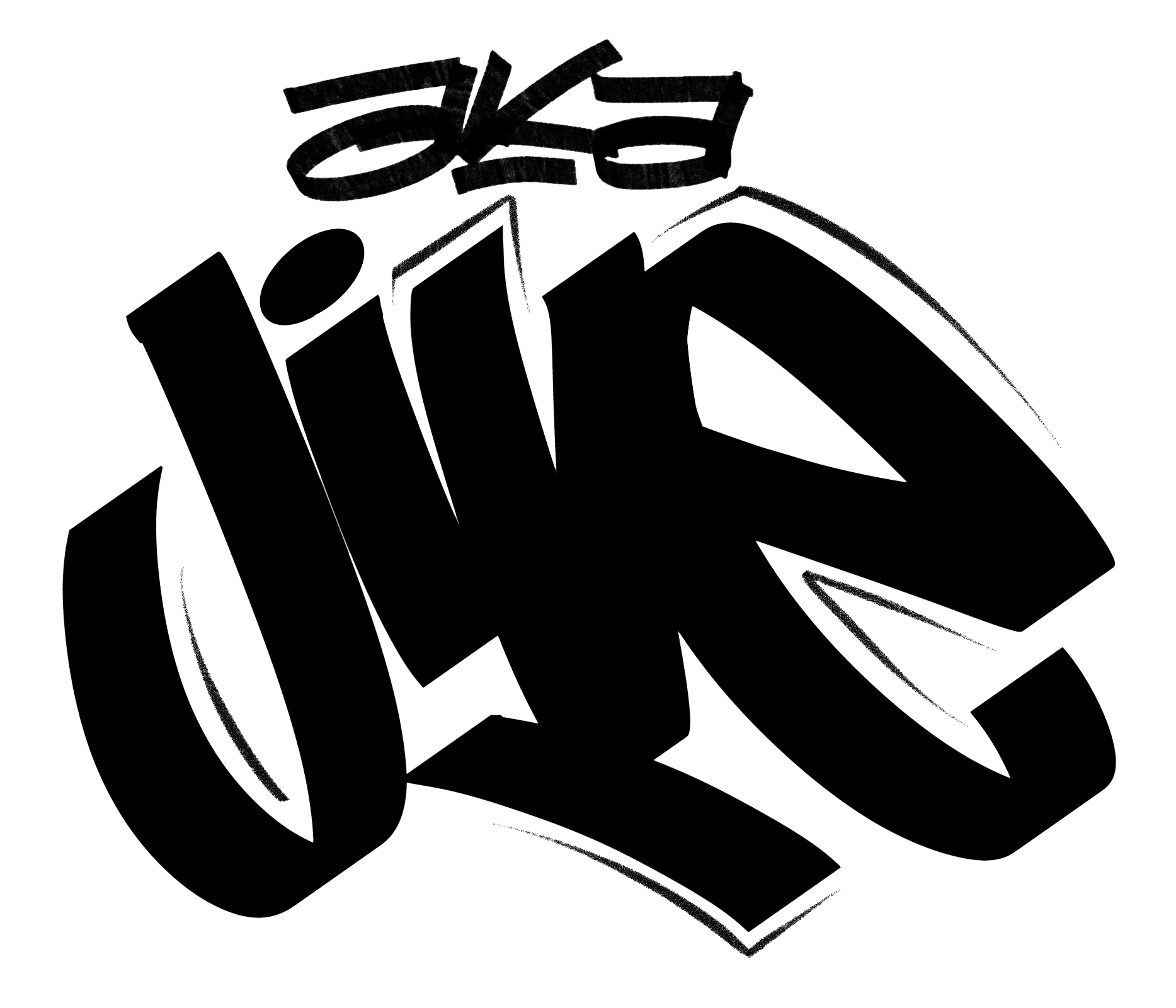CRM Data Security: Safeguarding Your Business and Customers
Content
Customer Relationship Management (CRM) software, by its very nature, invites CRM security concerns. The information wrapped into a CRM solution can be the heartbeat of a company and is ripe for the plucking. Whether you use a cloud-based CRM solution or an onsite solution, you need to take care to make sure that your data is protected. BIGContacts Editorial Team is a passionate group of CRM experts dedicated https://www.xcritical.com/ to improving your customer relationships with top-notch content.
Choosing the Right Encryption Method
Respecting the privacy and Volatility (finance) confidentiality of customer data is an ethical imperative. By prioritizing customer data protection, you demonstrate your dedication to responsible data handling practices, which promotes a culture of trust and transparency. You can implement robust network security measures, including firewalls, intrusion detection systems, and antivirus software, to protect your CRM infrastructure from external threats.

How to Ensure Data Security and Compliance in CRM Systems
For instance, if you notice a user accessing files much larger than their usual activity, or significantly at odd hours, this could warrant further investigation. Understanding the norms of user activity forms the baseline to distinguish abnormal behavior. Join 2600 readers and receive the latest news and updates from our tech team. Newer CRM programs are typically equipped with built-in features you don’t need to forex broker crm data security pay extra for. Think workflow automation, automatic recordkeeping, and data categorization.
Implement Strict Access Controls:
A key goal is to make sure that only authorized personnel can access sensitive information, as this will minimize the risk of a security breach. Educate your team on how to properly classify data based on its sensitivity level and restrict access accordingly. Kick off your training by familiarizing your team with the basics of CRM data security.
Comprehensive Guide to CRM Security: Keeping Your Data Safe
As a business, handling customer data with the utmost care and responsibility is crucial. By prioritizing data security, you can build trust, strengthen customer relationships, and safeguard your reputation from the negative consequences of data breaches. Implementing these proactive measures fortifies your CRM system and builds trust with your customers. Ensure that CRM data is safeguarded against unauthorized access to strengthen your company against cyber threats. Prioritizing security and selecting a CRM provider to address your concerns swiftly is crucial to establishing a secure and reliable system. Furthermore, periodic password audits must be performed to identify any initial security vulnerabilities in your system.
- In the event of a catastrophic event, such as a natural disaster or cyberattack, having a robust disaster recovery plan ensures the business can recover and resume operations swiftly.
- These measures not only protect customer data but also demonstrate compliance with industry standards and regulations.
- By following the best practices and mitigation strategies outlined, businesses can safeguard the integrity of their CRM systems against cyber attacks.
- Whether using a cloud-based solution or one that is onsite, companies should do their due diligence in both cases.
- Using RBAC means creating user roles aligned with the tasks people typically engage in.
Inadequate data protection can have severe CRM legal repercussions, including fines and lawsuits. It’s best to install updates regularly, address known weaknesses, and strengthen the overall security posture of your CRM environment. Opt for a tool that offers regular software updates so you get the best-in-class security and features. Platforms dealing in customer data can’t afford to have their keys in hackers’ hands. In fact, 2.8 billion malware attacks occurred only in the first half of 2022. For security purposes, your NetHunt CRM data is stored on the Google Cloud Platform.
Create regular backups of your CRM data and store them in secure offsite locations. A good password is one that contains a combination of lower and upper case letters, numbers, and symbols. Alternatively, if you don’t want to come up with a password of your own, you can turn to password managers and some browsers to suggest a strong password for you.
NetHunt also encrypts data in transit between our facilities and at rest, ensuring that it can only be accessed by authorized roles. First things first — especially if your business uses an on-premise CRM system and not a cloud-based one — you have to protect the IT infrastructure that hosts your CRM data. This includes all the laptops, smartphones, and other devices your team uses to access information in the database.
Notably, identifying who accessed what and how ensures that all transactions remain traceable, aligned with compliance regulations. Establishing an audit schedule reflects a company’s commitment to ongoing security. Routinely assessing security measures not only highlights vulnerabilities but also engenders accountability within the teams responsible for maintaining data integrity. This allows for actionable insights into flaws and their potential remedies. There are various options available, including symmetric and asymmetric encryption, which differ in how they handle keys.
So, define and implement data retention policy and CRM security policies for your business, outlining the retention duration for each data type. Setting up a dashboard in the CRM system that shows all the data and statistics on your CRM security in real-time will help you to prevent possible breaches and optimise processes. This doesn’t mean your team members should store them in the Notes app or written down on a post-it that lies around on their office desk.
Your CRM should also boast features for managing Do Not Call lists, monitoring opt-ins and opt-outs, and maintaining meticulous documentation of consent. Implement real-time monitoring and alert mechanisms to detect any suspicious or abnormal activity within your CRM system. Think of it as having security cameras installed in your CRM environment, continuously keeping an eye out for any potential CRM security incidents or breaches. Multi-factor authentication is like having multiple locks on a door, making it exponentially more difficult for unauthorized individuals to gain access. For example, your sales team should have access to customer information and sales data, while your marketing team may need access to leads’ information to create marketing strategies. NetHunt CRM provides all the security features your business needs as blooms and blossoms.
Make use of a password manager if you want this level of security for your CRM data without introducing additional frustration or “password fatigue” for your employees. Only authorized users should be able to access your CRM data – and even then, only the information that they need. The manufacturing industry has specific security concerns when it comes to CRM systems. Protecting intellectual property, trade secrets, and confidential manufacturing processes is crucial for businesses operating in this sector. CRM security measures play a vital role in safeguarding sensitive information unique to the manufacturing industry. CRM systems store a wealth of information, including customer contact details, purchase histories, and communication records.

We power up businesses with cutting-edge tech for lightning-fast problem-solving (hours, not days!). Regularly educating your employees on protocols can help prevent issues in the future. Perform spot checks and conduct consistent training on handling sensitive information. To save your company in the face of potential hazards, you need to have the right systems in place. A good CRM makes your life infinitely easier by safeguarding your customer’s data.
